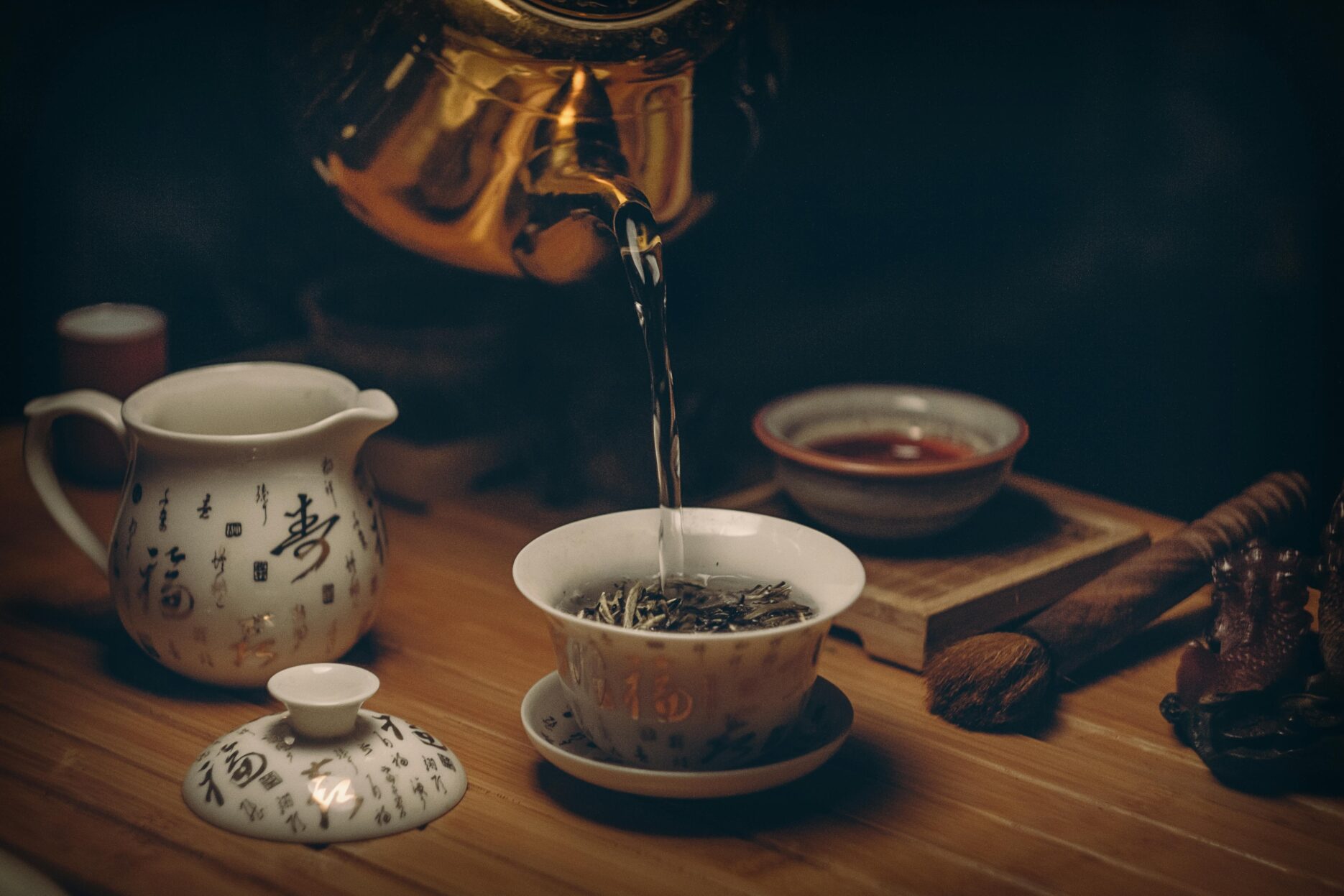China’s young consumers have a new favorite drink. After chasing trends like bubble tea and sparkling soda, Gen Z is now reaching for sugar-free teas and traditional “yangsheng shui”—wellness water made with red beans, barley, mung beans, or corn silk. Rooted in traditional Chinese medicine and modern health habits, these brews are quickly gaining traction.
Health is a major driver. With sugar-heavy diets and high-stress work lives, many are feeling the effects early. According to the 2021 Global Burden of Disease Report, more than 23 million Chinese aged 15 to 39 were diagnosed with early-onset Type 2 diabetes—a 147% jump from previous years. So it’s no surprise that “zero sugar” tops Gen Z’s wish list. The 2023 Chinese Sugar-Free Tea Beverage Industry White Paper shows that people under 30 now make up over 70% of sales in this category.

That demand has turned wellness water from a niche trend into a fast-growing market. In 2018, it was worth just 10 million RMB. By 2023, the figure jumped to 450 million RMB (up 350% year over year). By 2028, the market is expected to surpass 10 billion RMB (1.41 billion USD).
Brands are piling in. Beverage giants like Yili, Chi Forest, Hope Water, and Suntory are rolling out signature products. Retailers like Sam’s Club and Alibaba’s Freshippo are launching in-house lines with flavors like snow pear and loquat, or apple and astragalus. Even legacy brands like Beijing Tong Ren Tang are cashing in with Gen Z-friendly products like “Stay-Up-Late Water” made with visible herbs like red dates and ginseng.
But the road ahead isn’t without bumps. Balancing taste and health is tricky—clean labels mean fewer additives, but many traditional herbs taste bitter or earthy. Chi Forest, for instance, was called out for using erythritol, a sweetener linked to digestive issues and reduced taste sensitivity. And then there’s the question of longevity: Are consumers drinking this stuff for real health benefits, or is it just another wellness fad? Once the novelty wears off, the category’s future will depend on whether wellness water can shift from hype to habit.




